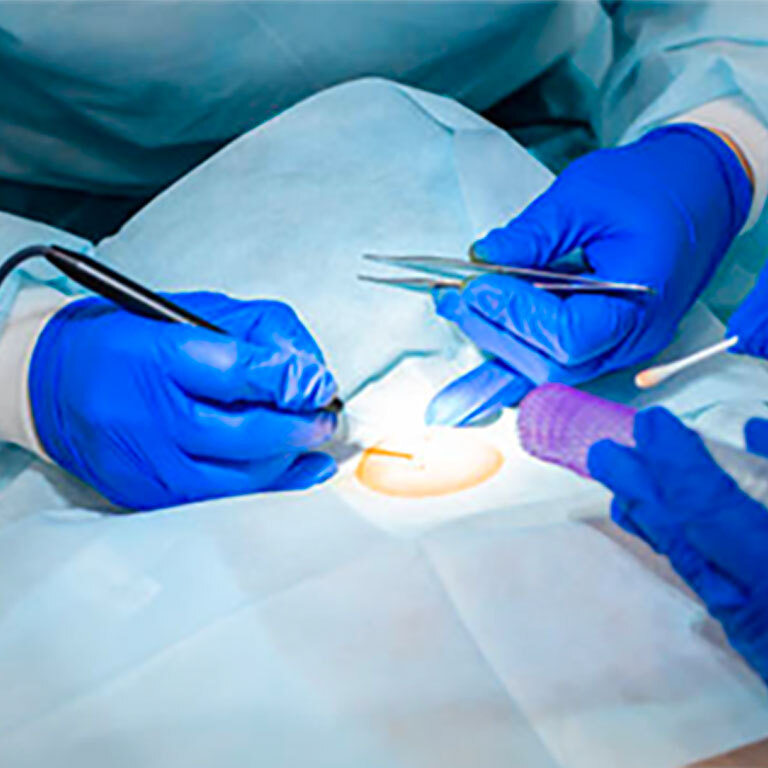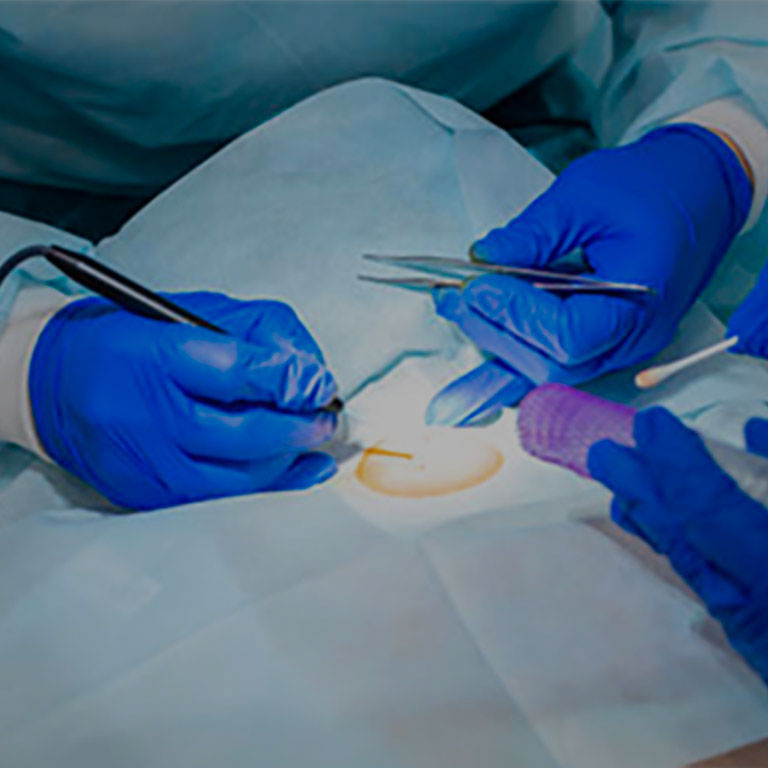Skin Cancer Non-Melanoma
Non-melanoma Cancer falls into two kinds:
1). Basal cell carcinoma – BCC
2). Squamous cell carcinoma – SCC
These are names after the skin cell types from which the cancer develops.
A non-melanoma skin cancer can also be a mix of both the above types – see (1) and (2) below for more information on these types, i.e. risk factors, diagnosis and treatment:
- Cancer Research UK. Types of skin cancer.
http://www.cancerresearchorg/about-cancer/type/skin-cancer/abouttypes-of-skin-cancer
- Cancer Research UK. About skin cancer (non-melanoma)
https://www.cancerresearch.org/about-cancer/skin-cancer/risks-causes
Known facts – non-melanoma cancer
In the UK, there are around 102,000 cases of non-melanoma skin cancer diagnosed each year.
Almost all noon-melanoma skin cancers are caused through sun exposure.
*People who are fair skinned or who burn rather than tan, are more likely to be at risk (1).
BCC
Basal cell carcinoma is the most common type (1) and this could be referred to as a rodent ulcer and starts as a lump that enlarges. It doesn’t normally hurt unless touched but it can be itchy and bleed if scratched.
BCC usually affects people of middle to old age, on areas such as the forehead, cheeks or lower back and legs, i.e. areas mainly exposed to the sun and there is a risk of this spreading.
SCC
Squamous cell skin cancer is less prevalent than BCC and develops from cells called Keratinocytes, found in the epidermis. This type also develops in areas that have been exposed to the sun, i.e.
hands, forearms, neck and head. In certain cases, SCC can develop around the vulva and anus and also develop in scars, ulcerations and areas which have been burnt. SCC may have a crusty appearance, or be hard and lumpy.
It can be faster growing but doesn’t often spread to other organs of the body, although in rare cases it can affect lymph nodes or other organs as a secondary cancer.
There are many other facts which may have a bearing on your condition and subsequent treatment, so we recommend that you speak with your Consultant Dermatologist for consultation and he will advise the best course of action.
Call us on 07359 578959



